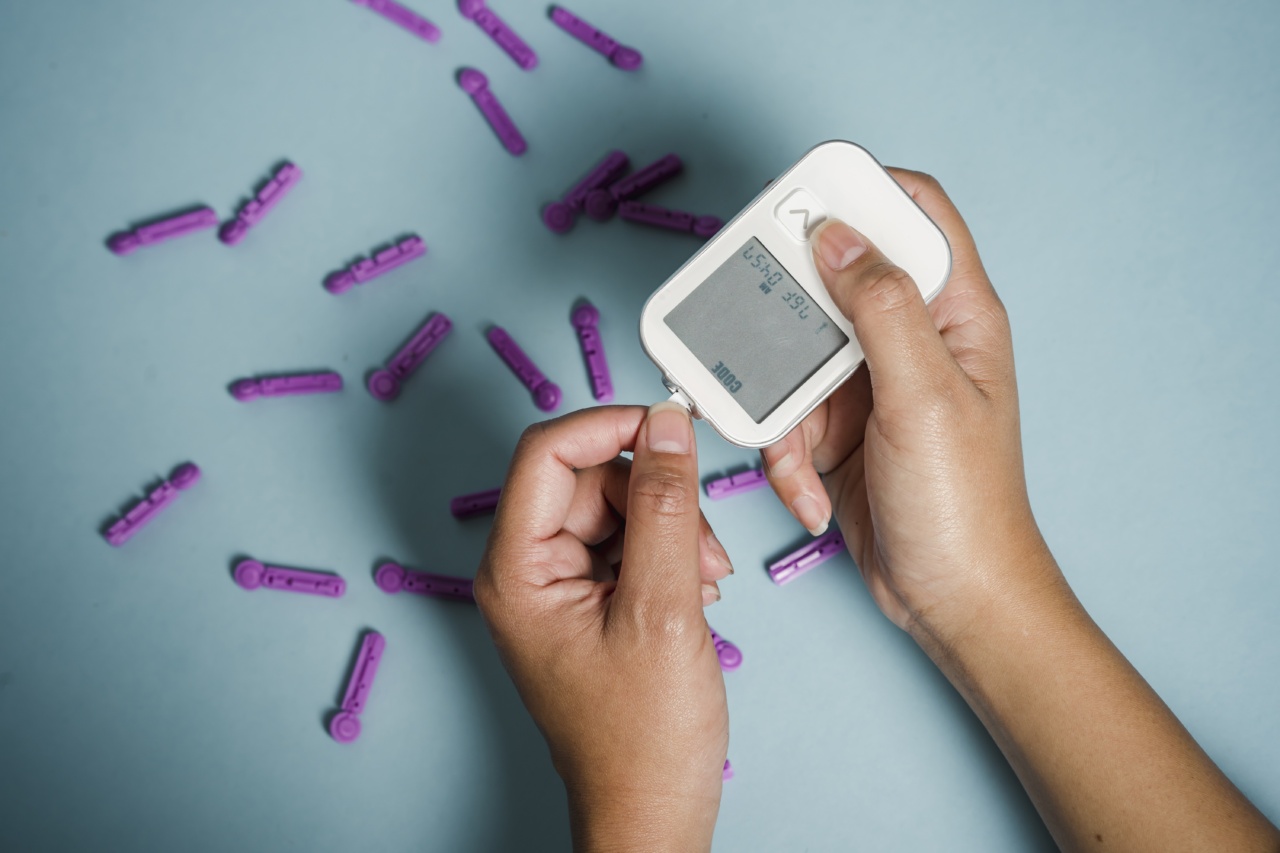There are numerous factors that contribute to arterial blockage, including genetics, lifestyle choices, diet, and more. While it can be difficult to control all of these factors, there is one that we have more control over than others: diet.
In particular, the number of meals we consume per day can greatly impact our risk for arterial blockage and related health conditions such as heart disease and stroke. In this article, we will explore the ideal number of meals to prevent arterial blockage and improve overall cardiovascular health.
What is Arterial Blockage?
Arterial blockage, also known as atherosclerosis, occurs when plaque builds up inside the arteries, narrowing and hardening them over time. This can impede blood flow and increase the risk of heart disease, stroke, and other related health conditions.
Risk factors for arterial blockage include high blood pressure, high cholesterol, smoking, obesity, physical inactivity, and an unhealthy diet.
How Does Diet Affect Arterial Blockage?
Diet is one of the most important factors when it comes to preventing arterial blockage. Consuming a diet high in saturated and trans fats, sodium, and sugar can increase your risk for arterial blockage and related health conditions.
On the other hand, consuming a diet rich in fruits, vegetables, whole grains, lean proteins, and healthy fats can help reduce your risk for arterial blockage and improve overall cardiovascular health.
What is the Ideal Number of Meals to Prevent Arterial Blockage?
One question that often arises when discussing diet and arterial blockage is how often we should be eating. There is no one-size-fits-all answer to this question, as every individual’s needs and dietary preferences are different.
However, there are some general guidelines that can be followed to help prevent arterial blockage and improve cardiovascular health.
Eat Regularly Throughout the Day
One key principle to keep in mind when it comes to preventing arterial blockage is to eat regularly throughout the day. This means consuming smaller, more frequent meals rather than a few larger ones.
Eating regular meals can help stabilize blood sugar levels, reduce the risk of overeating, and prevent the excess production of insulin, which can contribute to arterial blockage.
Aim for Three Main Meals and Two Snacks
While there is no magic number of meals that will work for everyone, aiming for three main meals and two snacks per day can be a good place to start.
This can help ensure that you are consuming enough calories to meet your energy needs while also providing a consistent source of nutrients throughout the day. Be sure to pay attention to portion sizes and choose healthy, nutrient-dense foods for each meal and snack to ensure you are getting the most out of your diet.
Avoid Skipping Meals
Another key principle when it comes to preventing arterial blockage is to avoid skipping meals. When you skip meals, it can lead to overeating later in the day, which can contribute to arterial blockage and related health conditions.
Additionally, skipping meals can lead to spikes and crashes in blood sugar levels, which can increase the risk of insulin resistance and arterial blockage over time.
Conclusion
Arterial blockage is a serious health concern that can increase the risk of heart disease, stroke, and other related health conditions.
While there are numerous factors that contribute to arterial blockage, diet is one of the most important ones that we can control. By following general guidelines such as eating regularly throughout the day, aiming for three main meals and two snacks, and avoiding skipping meals, we can help reduce our risk for arterial blockage and improve overall cardiovascular health.
























